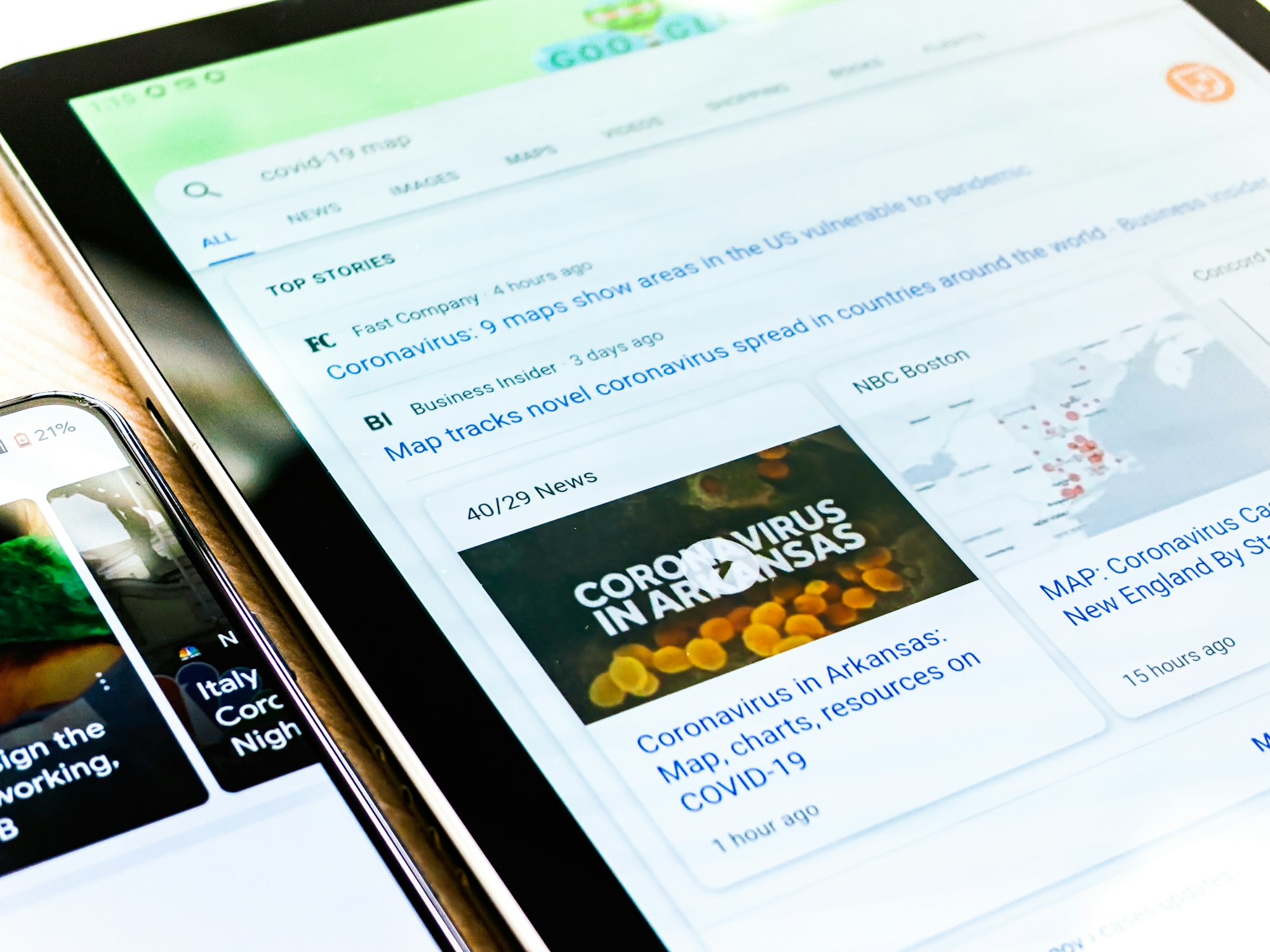A world where fake is the default

During the 15th century, the postal network flourished, and a revolution in printing took hold, leading humanity into an unprecedented information explosion. Newsletters inundated the market, and newspapers proliferated, heralding the onset of the age of disinformation. The norm became reporting someone's death inaccurately, while outrageous tales of resurrected individuals and soaring dragons flooded the printed pages, bombarding the public's senses. Inevitably, notions such as "handwritten letters are more reliable" and "we will regress to the age of barbarism" began to gain traction.
In response to these circumstances, the prevailing powers of the time enacted regulations and closures. For instance, in the 17th century, England shut down coffeehouses, notorious breeding grounds of disinformation, and implemented licensing for printing presses. Although these measures were short-lived, information explosions and overloads consistently invite regulation, which is then followed by self-correction. The side effects of information overload from technological advancements have long been fueled by human curiosity throughout history.
We find ourselves on the cusp of yet another information explosion. The ascent and rapid proliferation of generative AI are fueling this overwhelming influx of information. Many experts predict that by 2026, over 90% of online content will be AI-generated. Already, we witness the circulation of synthesized images and videos on the internet. Fifty "content farms" have been exposed for exclusively relying on AI to produce websites and disseminate disinformation. This number is poised to grow exponentially in the future.
Some of the generative AI technologies developed by major tech companies have now become open-source and are readily available for global use. Meta, the parent company of Facebook, is actively promoting the open-sourcing of generative AI, thereby intensifying the proliferation of this technology. Consequently, the ability to create fake and synthetic content will become increasingly accessible, and costs will plummet rapidly.
In the near future, when generative AI generates 90% of online content, the distinction between fake and genuine will become irrelevant. Human psychology, which often prioritizes entertainment over truth, will serve as the catalyst, ushering in the era of the "fake default." We will confront a phenomenon akin to the printing revolution, where false information surpassed authentic reports in volume. It is crucial not to succumb to panic. As Tom Phillips eloquently stated in "Truth: A Brief History of Total Bullsh*t" truth has consistently been subject to crises; it has never constituted the crisis itself. Throughout human history, the deluge of falsehoods is not a novel occurrence. Instead of being alarmed by the information overload brought about by generative AI, we should persist in our timeless approach: seeking and celebrating the truth. Falsehoods, fabrications, fakes, and fallacies have never triumphed over genuine reality in the annals of mankind. We simply need to acknowledge this fact.

![구글, AI 검색으로 언론사 트래픽 감소 해결책 제시 등 [미디어 브리핑]](https://storage.googleapis.com/cdn.media.bluedot.so/bluedot.thecore/2025/06/n7qrke_202506270222.jpeg)
![일본신문협회 경고 "AI, 언론 콘텐츠 무단학습 중단하라" [미디어 브리핑]](https://storage.googleapis.com/cdn.media.bluedot.so/bluedot.thecore/2025/06/jvk9xr_202506070300.jpeg)


![[자료] '제로 클릭' AI 검색이 뉴스 비즈니스에 미치는 영향과 대안](https://storage.googleapis.com/cdn.media.bluedot.so/bluedot.thecore/2025/05/x0dz3a_202505170134.17.png)
![[자료] AI 검색과 PR & 브랜드 마케팅의 대전환](https://storage.googleapis.com/cdn.media.bluedot.so/bluedot.thecore/2025/04/el4rkl_202504220930.25.png)
![[자료] 기자와 언론사를 위한 생성AI 활용 방안](https://storage.googleapis.com/cdn.media.bluedot.so/bluedot.thecore/2025/03/r69w3p_202503180637.00.png)
![메러디스 코핏 레비엔 컨콜 발언록 번역&정리[2024년 4분기 포함]](https://storage.googleapis.com/cdn.media.bluedot.so/bluedot.thecore/2024/08/p5wf0f_202408090239.22.png)
![[번역] 생성 AI가 저널리즘 노동에 미치는 영향](https://storage.googleapis.com/cdn.media.bluedot.so/bluedot.thecore/2024/07/c4pa5b_202407250540.18.png)
![[전자책] 디지털 뉴스와 테크놀로지, 그 대화의 역사](https://storage.googleapis.com/cdn.media.bluedot.so/bluedot.thecore/2024/07/0ixw96_202407230739.11.png)

![[법인] 연간 구독권 (3인상품)](https://storage.googleapis.com/cdn.media.bluedot.so/bluedot.thecore/2025/01/imcylg_202501240833.png)
![[번역] 저널리즘과 생성 AI: 생성 정보 생태계에서 뉴스 직무 진화와 윤리](https://storage.googleapis.com/cdn.media.bluedot.so/bluedot.thecore/2024/04/ptclsm_202404150537.25.png)